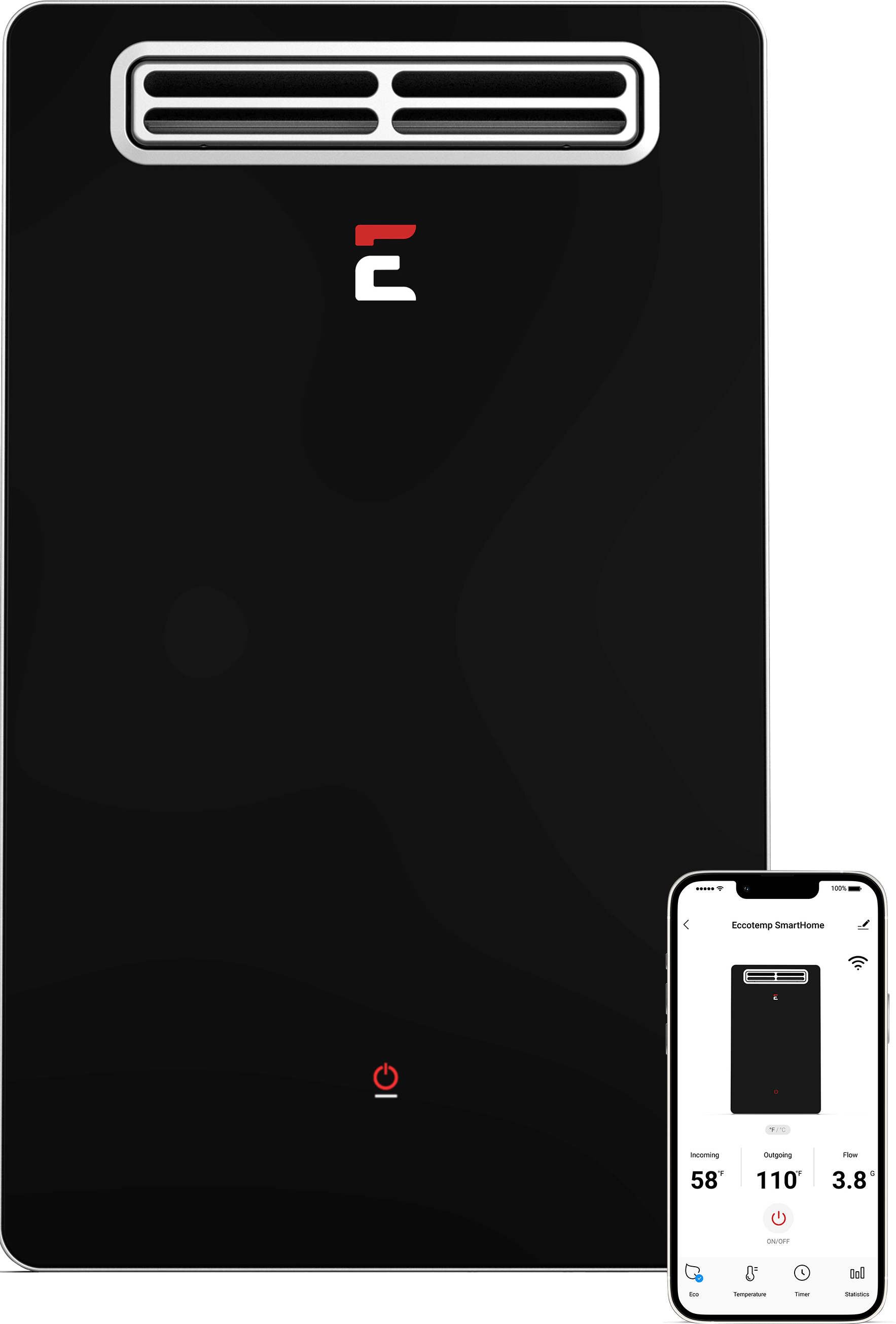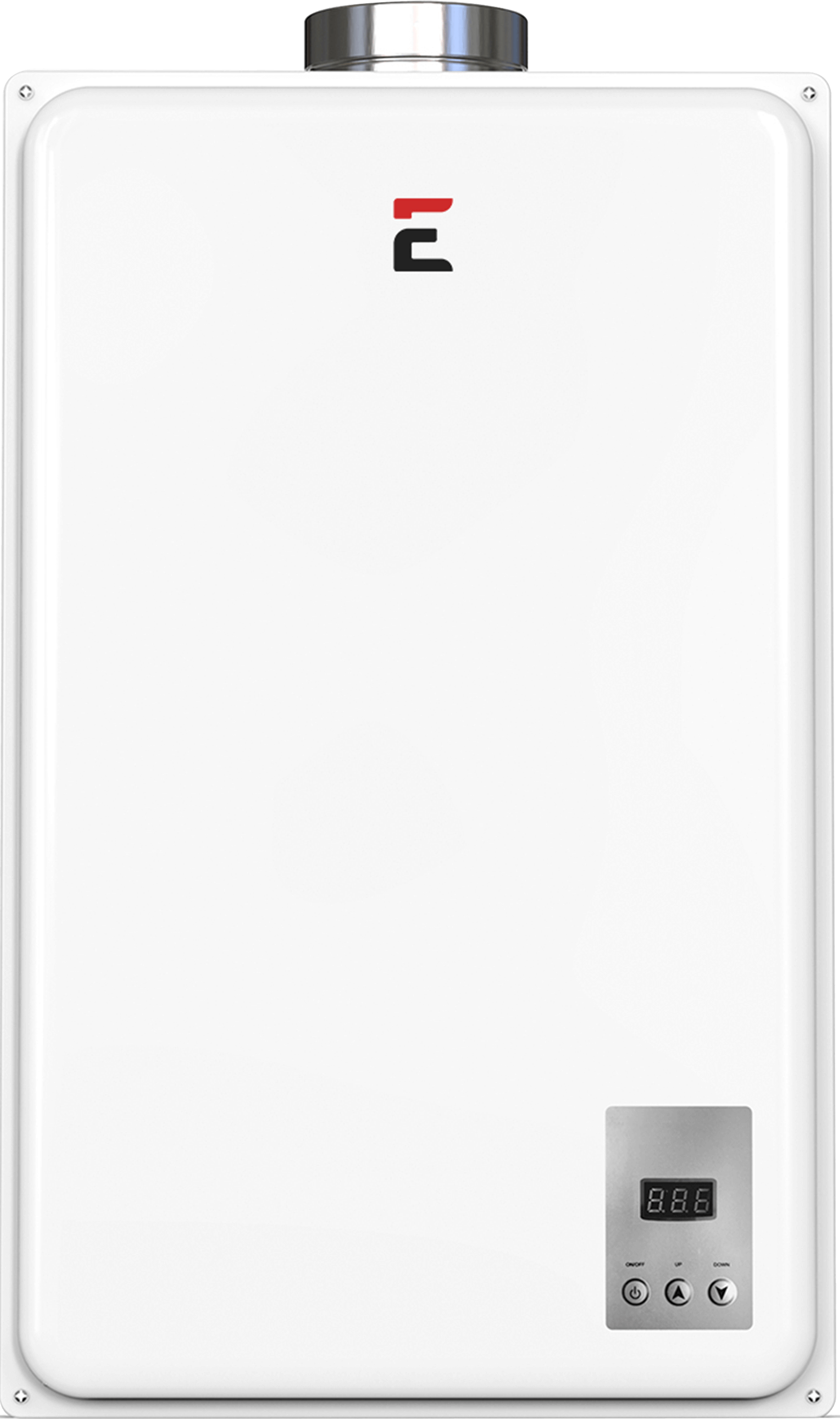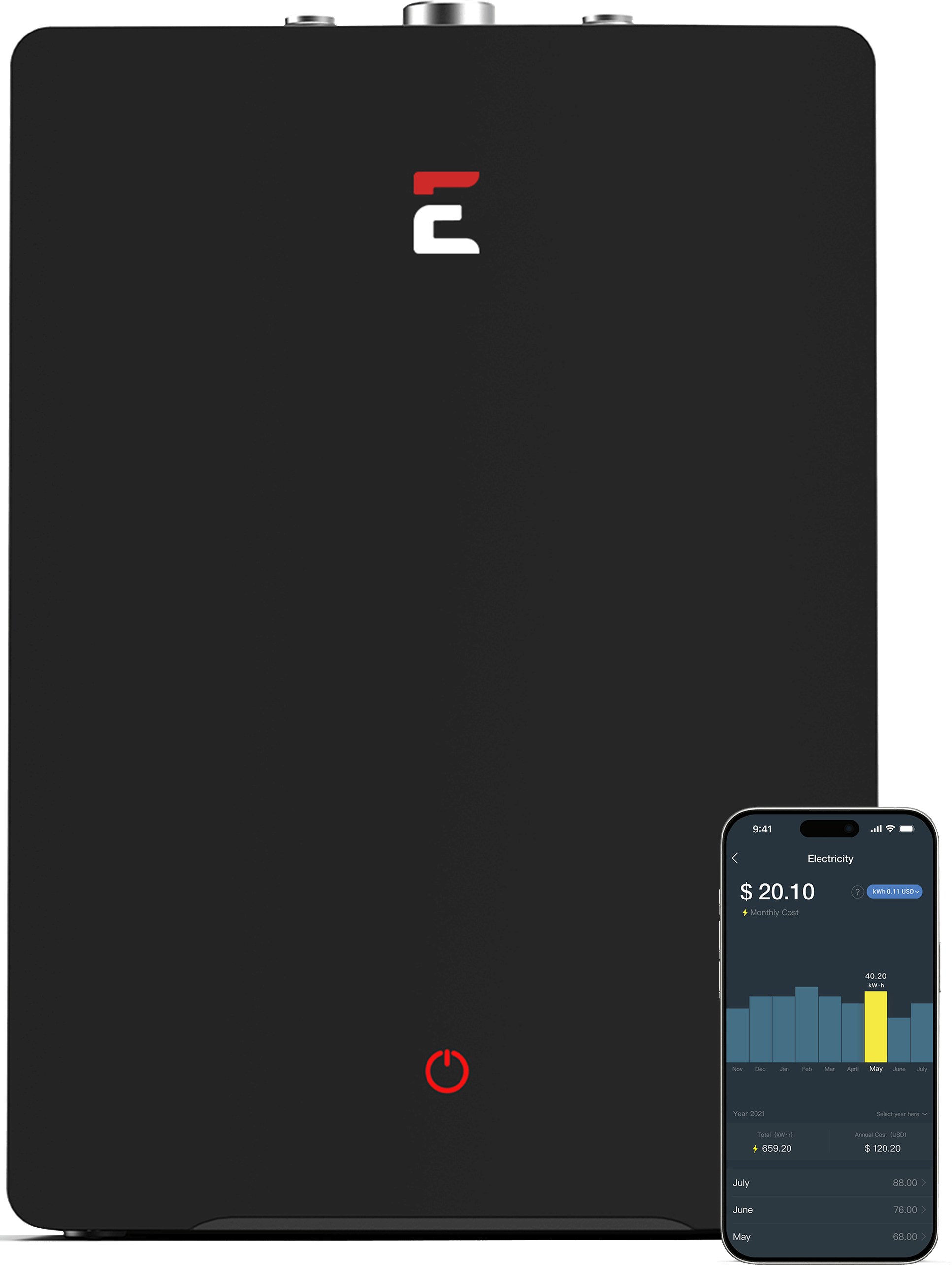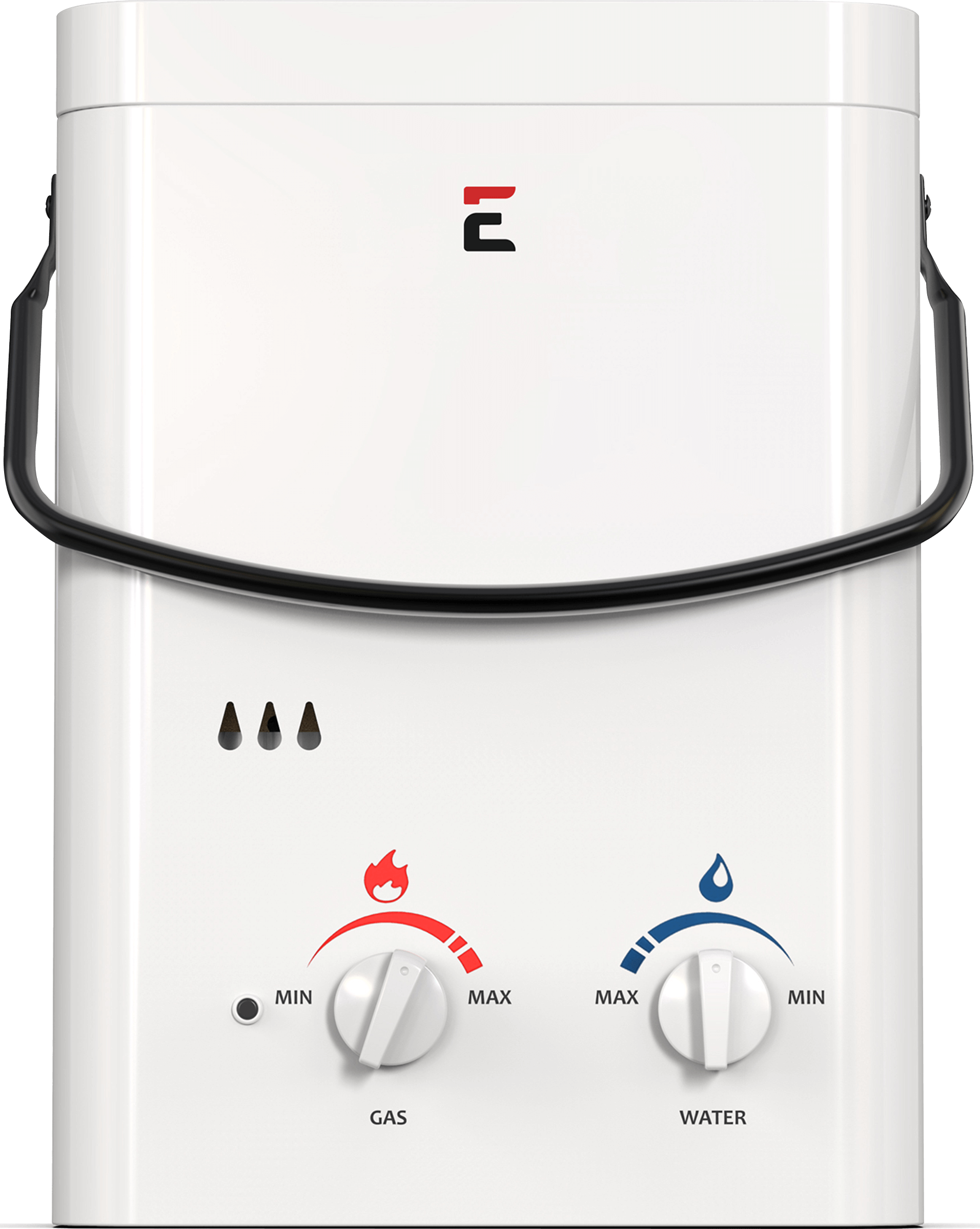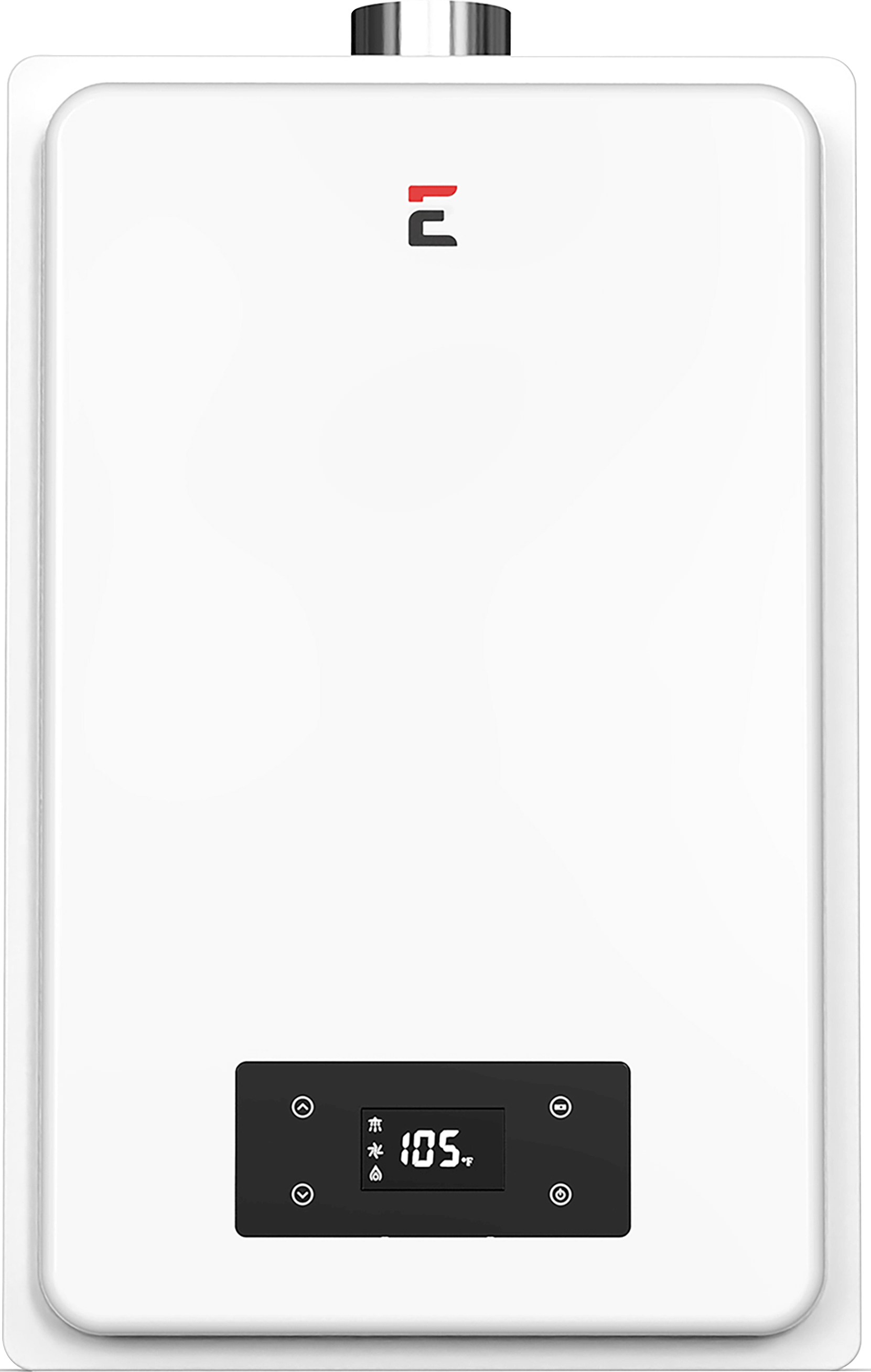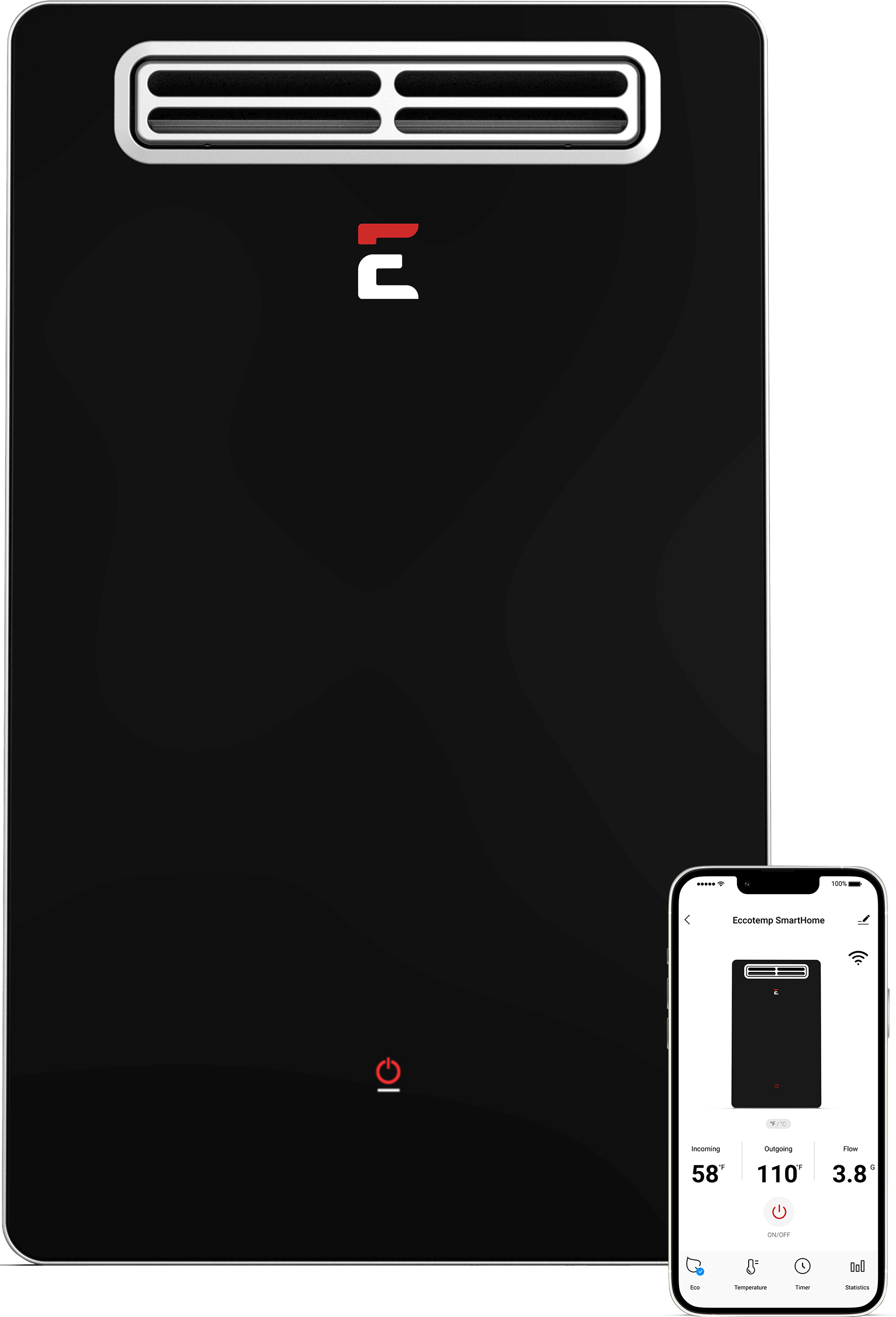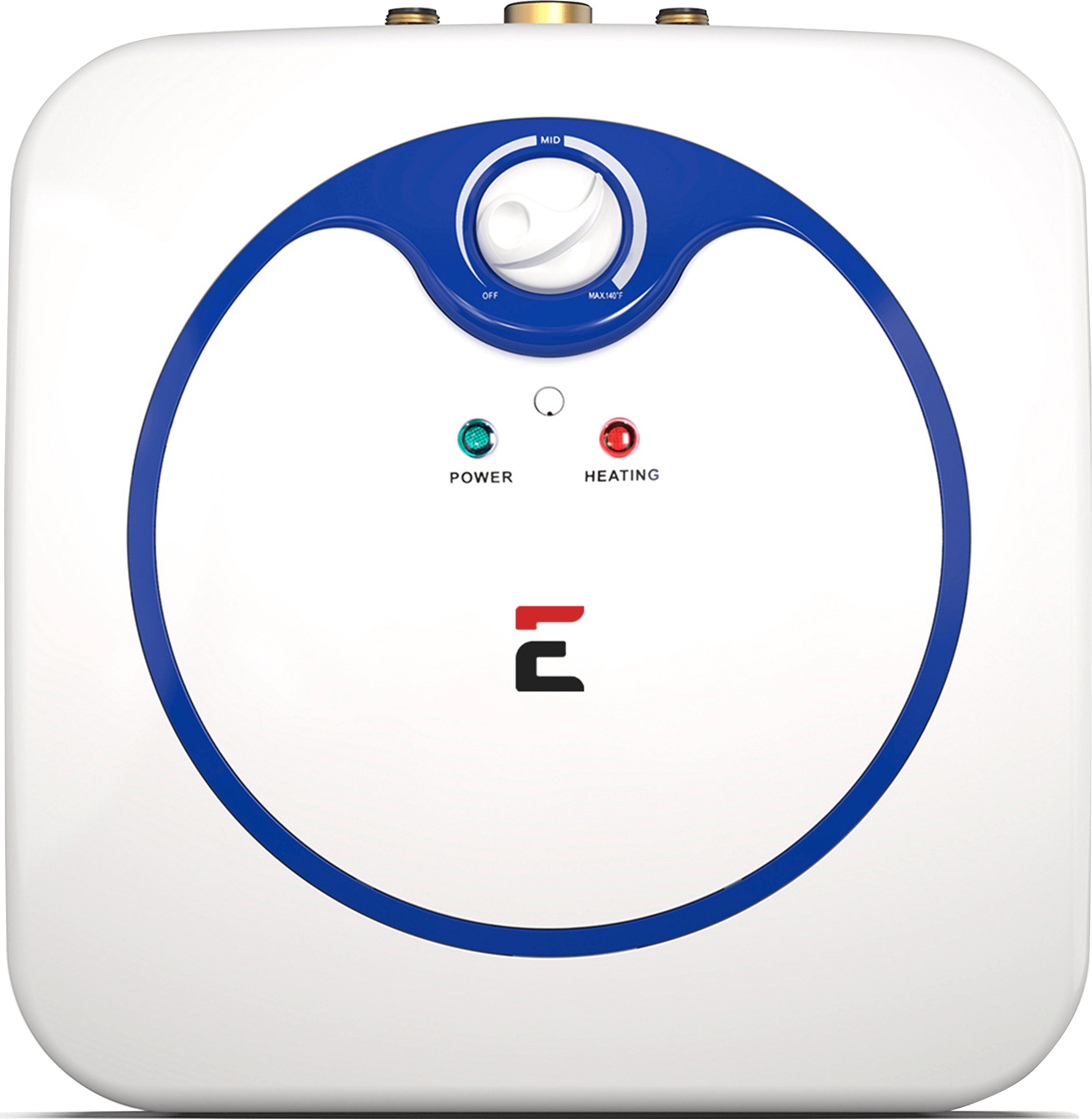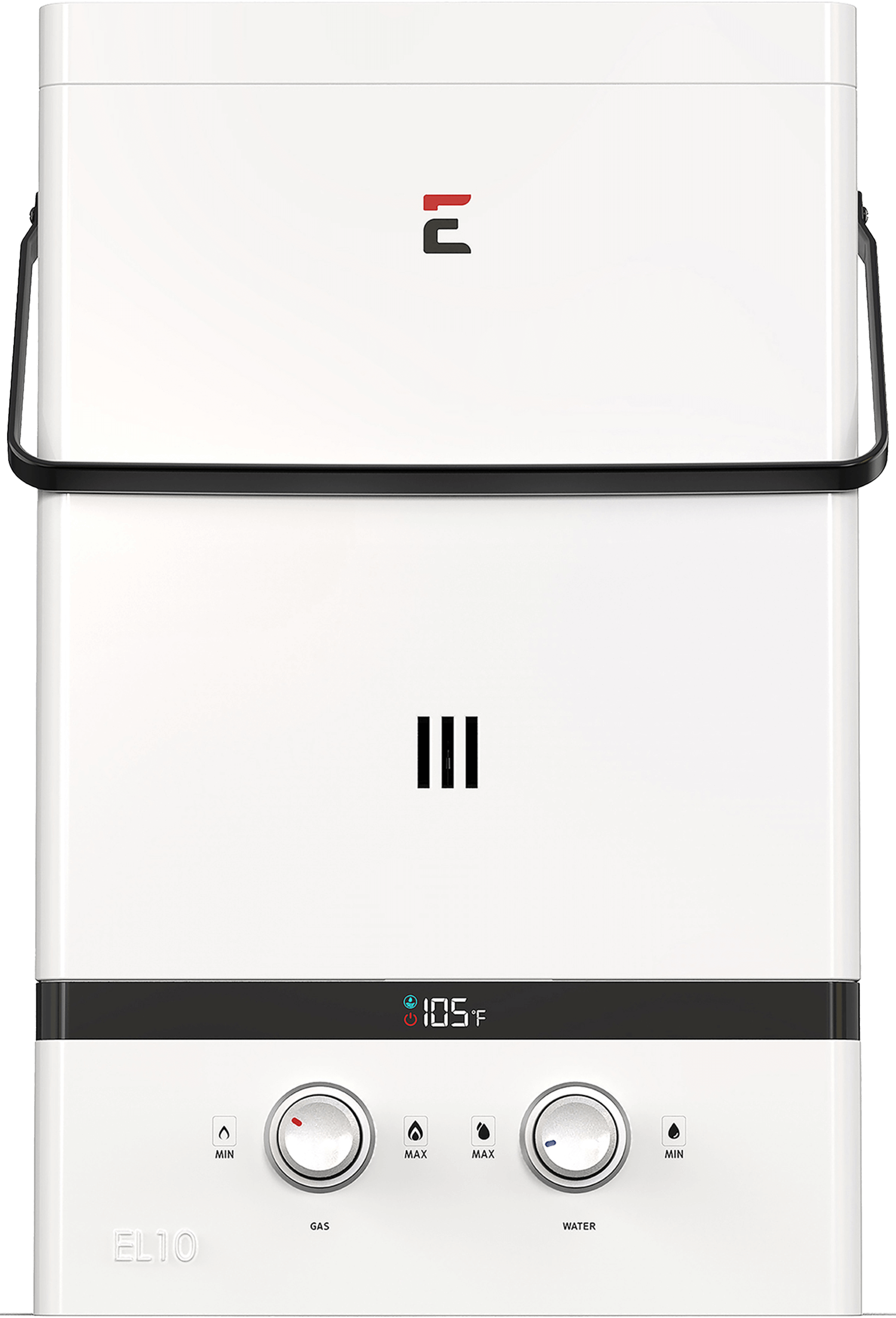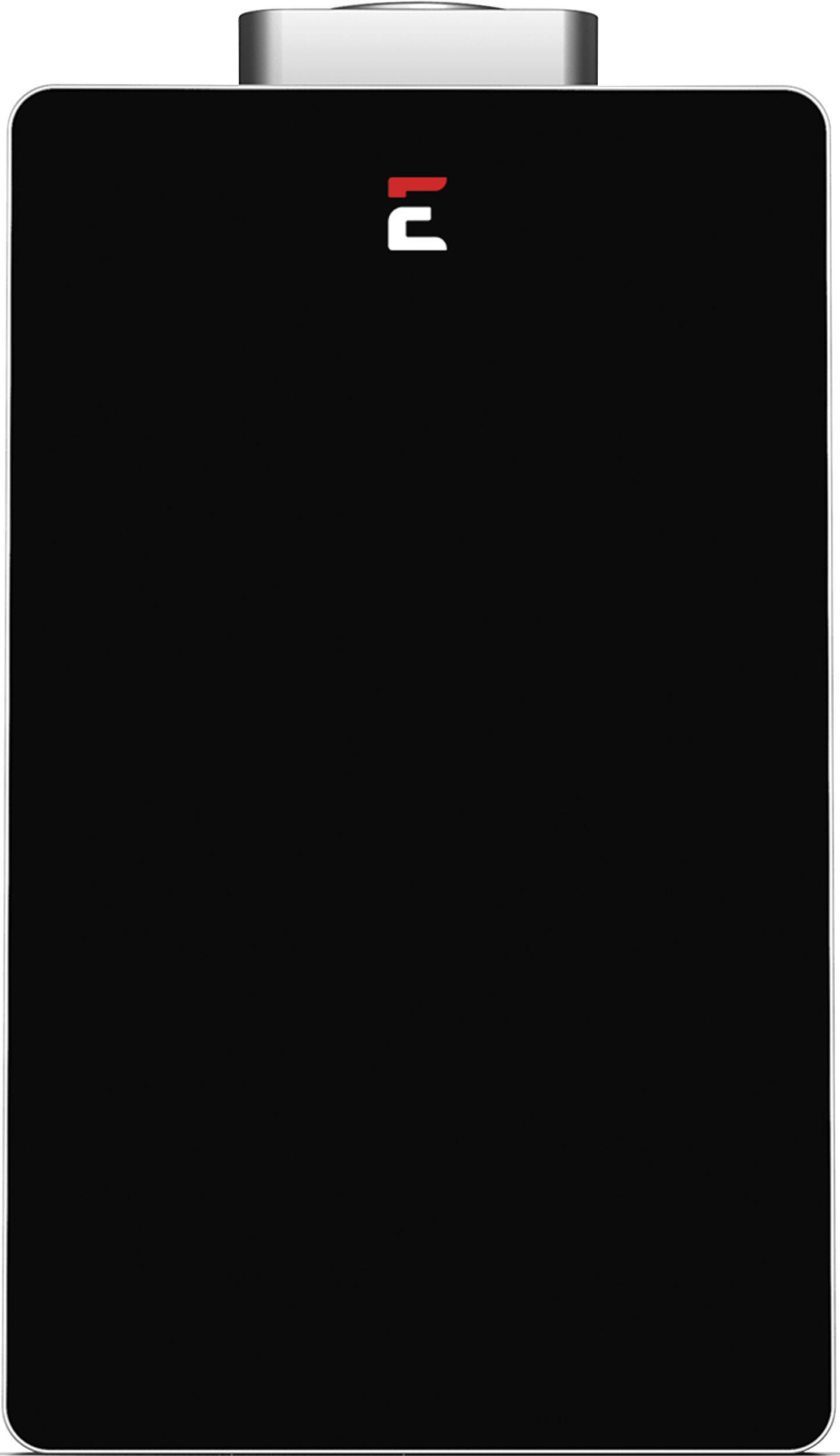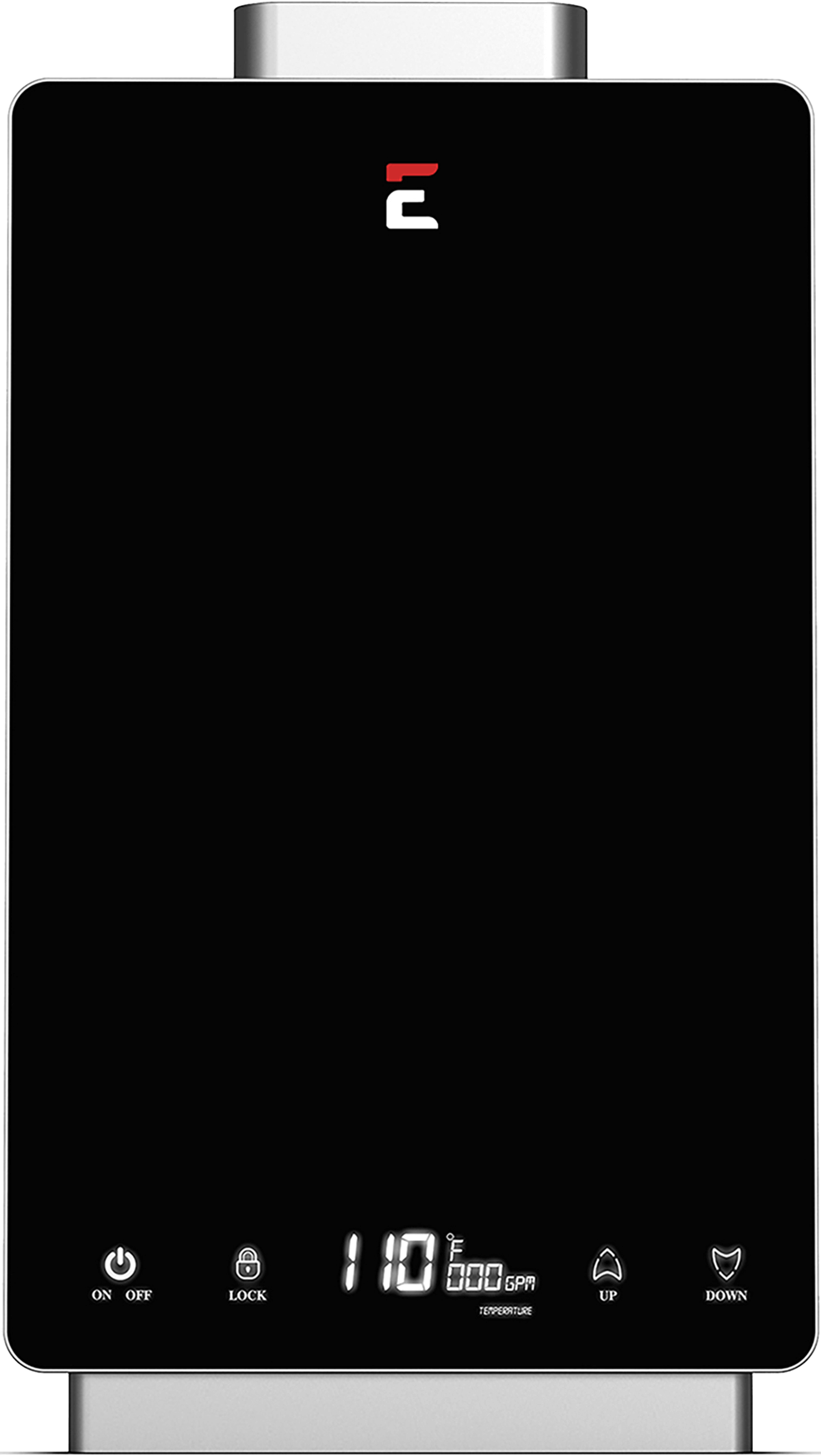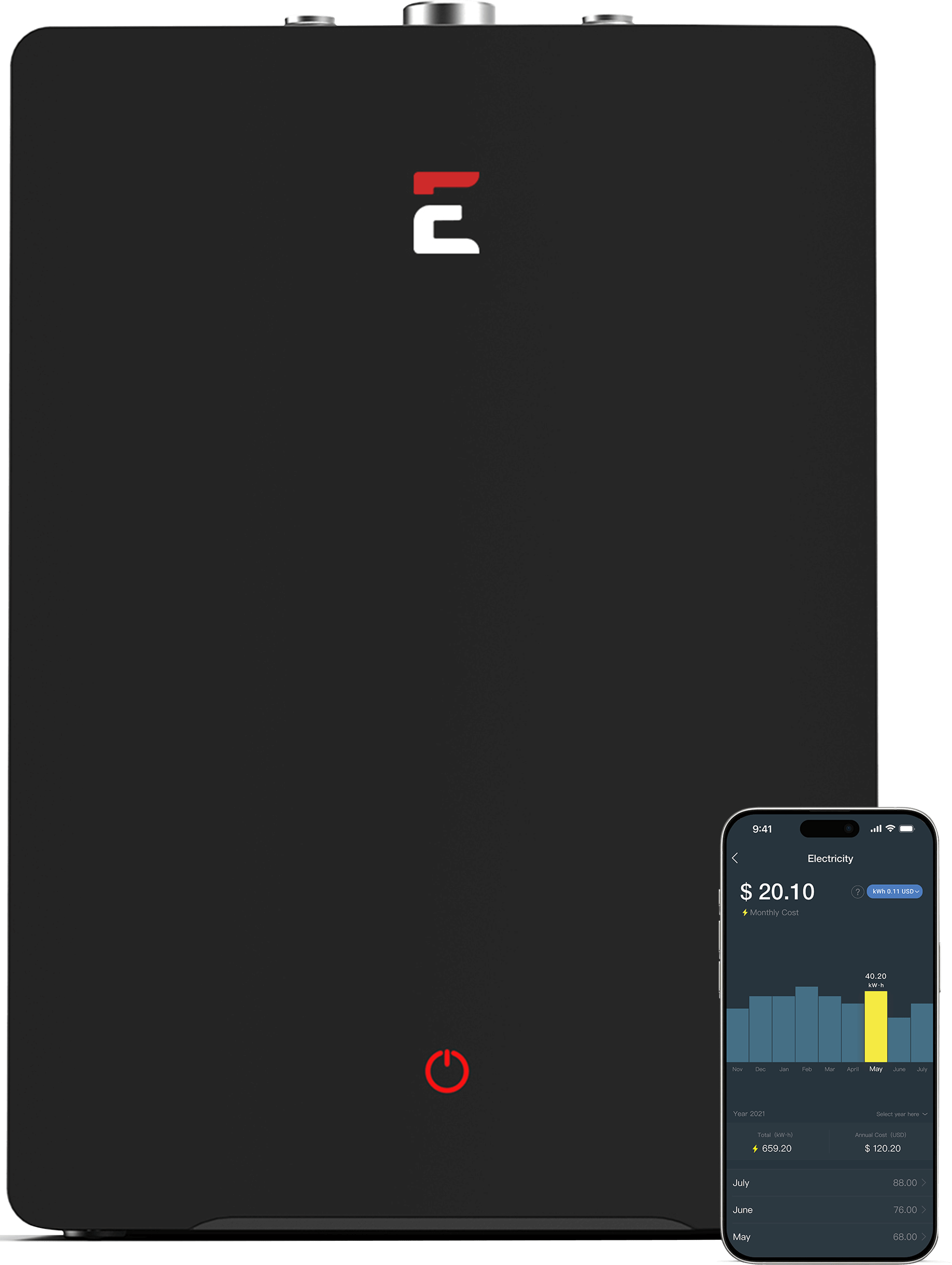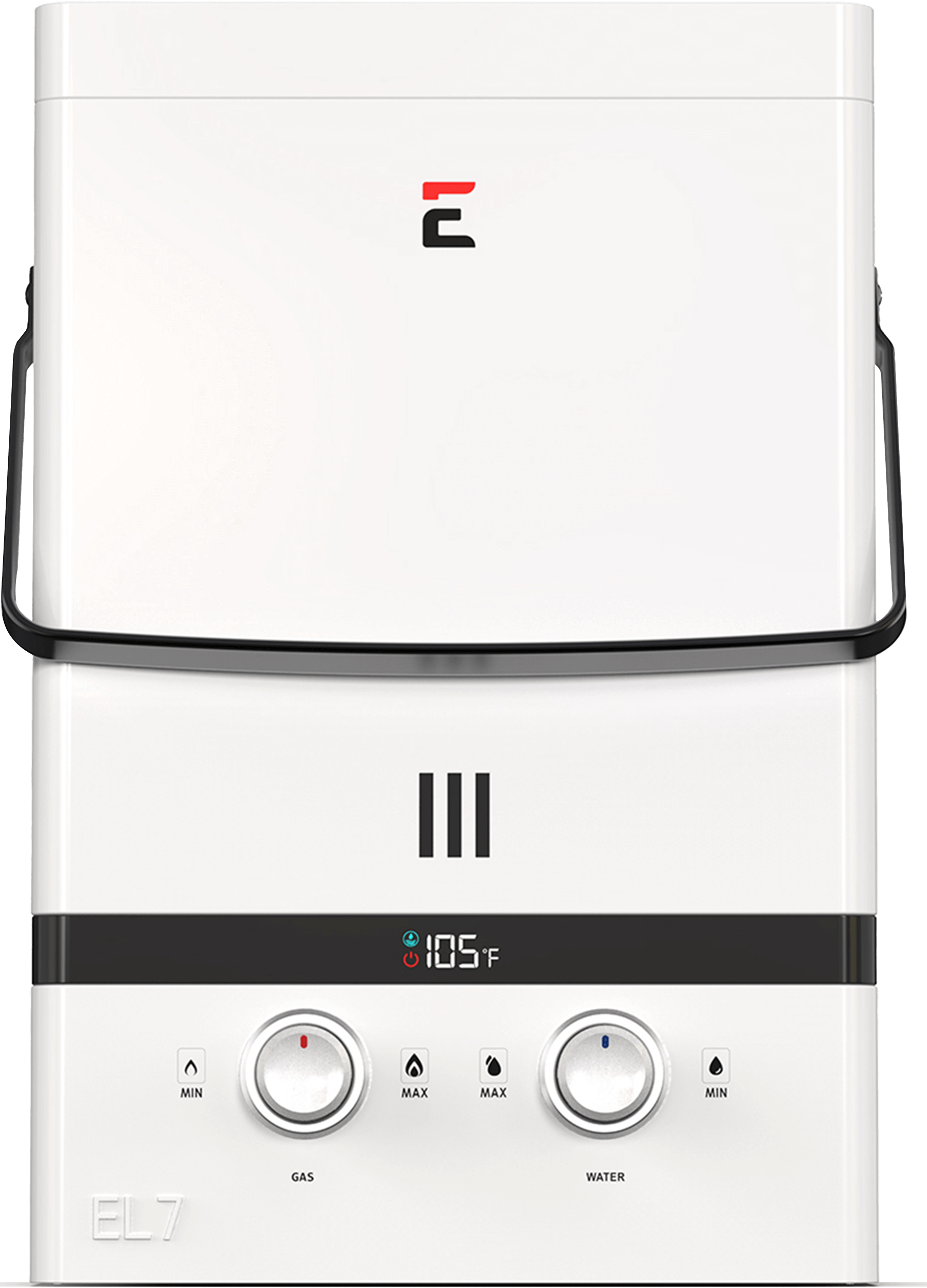Water Heater Efficiency - Tankless vs Storage
Heating water accounts for up to 30 percent of the average home's energy budget. Tankless water heaters, also known as demand-type or instantaneous water heaters, provide hot water only as it is needed. They don't produce the standby energy losses associated with storage water heaters, which can save you money.
Tankless water heaters heat water directly without the use of a storage tank. When a hot water tap is turned on, cold water travels through a pipe into the unit. Either a gas burner or an electric element heats the water. As a result, tankless water heaters deliver a constant supply of hot water. You don't need to wait for a storage tank to fill up with enough hot water.
For homes that use 41 gallons or less of hot water daily, demand water heaters can be 24%–34% more energy efficient than conventional storage tank water heaters. They can be 8%–14% more energy efficient for homes that use a lot of hot water -- around 86 gallons per day. You can achieve even greater energy savings of 27%–50% if you install a demand water heater at each hot water outlet.
Tankless water heaters will typically last longer and have lower operating and energy costs.
Most tankless water heaters have a life expectancy of more than 20 years. They also have easily replaceable parts that extend their life by many more years. In contrast, storage water heaters last 10–15 years.
After your demand water heater is properly installed and maintained, try some additional energy-saving strategiesto help lower your water heating bills. Fixing leaks, choosing a shower head with a flow rate of less than 2.5 gallons per minute and purchasing energy-efficient dishwashers/clothes washers are just a few ideas.
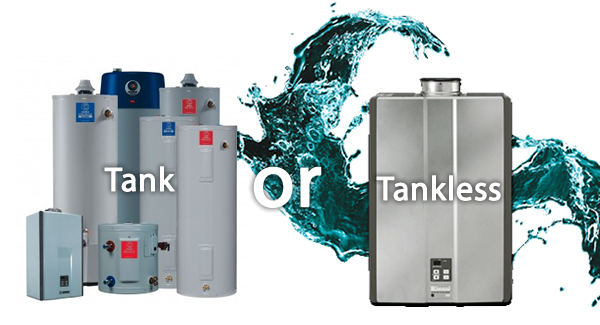
 Weekly Deals
Weekly Deals
 Water Heaters
Water Heaters
 Accessories
Accessories
 Installation
Installation
 Parts
Parts
 Protection Plans
Protection Plans
 Final Sale
Final Sale













